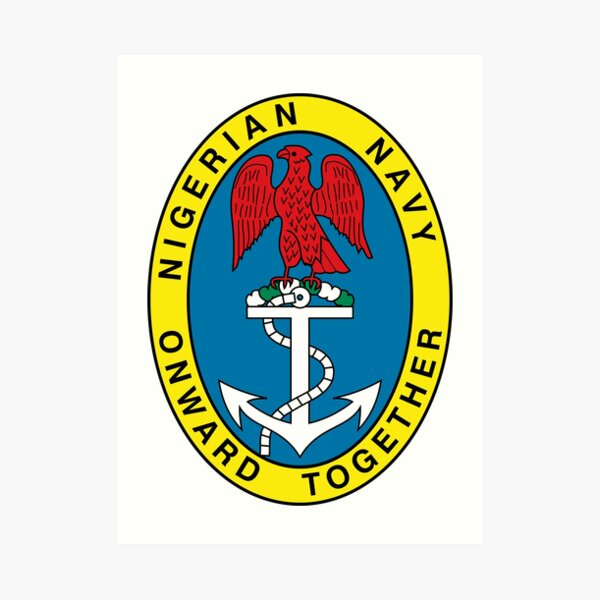Paragraph 1: The Interception
The Nigerian Navy’s Forward Operating Base (FOB) in Badagry, Lagos State, achieved a significant victory against smuggling activities on Saturday. Naval personnel intercepted seven fiber boats laden with numerous bags of foreign parboiled rice on the Badagry Porto-Novo creek, a known route for illicit cross-border trade. This waterway, connecting Badagry in Nigeria to Porto-Novo in Benin Republic, has long been exploited by smugglers taking advantage of its intricate network of creeks and lagoons. The interception underscores the Navy’s intensified efforts to curb smuggling in the region, a persistent challenge impacting the nation’s economy and security.
Paragraph 2: The Smugglers’ Escape and Apprehension
Upon sighting the approaching naval patrol, the smugglers reacted swiftly, abandoning their illicit cargo. Many of the boat occupants, realizing their imminent capture, jumped into the water, attempting to evade arrest under the cover of the creek’s complex terrain. However, the Navy’s quick response resulted in the apprehension of some individuals connected to the smuggling operation. A source close to the operation revealed that the apprehended individuals were identified as “hungry boat boys” – individuals employed by smuggling syndicates to transport contraband across the waterways. This suggests a larger network behind the operation, with the arrested individuals likely representing the lower rung of a more sophisticated smuggling organization.
Paragraph 3: The Navy’s Silence and Enhanced Operations
Interestingly, FOB Badagry has yet to release an official statement regarding the interception. This is unusual, as such operations are typically publicized to deter further illicit activities and showcase the Navy’s commitment to securing the nation’s borders. The absence of an official statement may be due to ongoing investigations or strategic reasons related to the larger fight against smuggling. However, it is clear that under the new command of Captain Leye Omotayo, the FOB has significantly intensified its operations on the waterways. A 24-hour patrol regime has been implemented, demonstrating a proactive approach to tackling smuggling activities.
Paragraph 4: Interagency Collaboration and Community Engagement
The success of the recent interception can also be attributed to the enhanced synergy and collaboration between the Nigerian Navy and other law enforcement agencies operating in the area. This collaborative approach allows for better intelligence sharing, coordinated patrols, and more effective responses to smuggling attempts. Furthermore, the FOB has fostered stronger ties with the local host community, recognizing the vital role local intelligence and support play in combating smuggling. This community engagement provides the Navy with valuable insights into the smugglers’ tactics and movements, contributing significantly to the success of their operations.
Paragraph 5: The Socio-Economic Impact of Smuggling
The prevalence of rice smuggling in Nigeria has significant implications for the country’s economy and agricultural sector. The influx of cheaper, often lower quality, foreign rice undermines the local rice industry, discouraging domestic production and investment in the agricultural sector. This, in turn, affects food security and job creation within the country. Furthermore, the revenue lost due to unpaid import duties and taxes deprives the government of crucial funds that could be used for development projects and social welfare programs.
Paragraph 6: The Way Forward: Sustainable Solutions
Combating smuggling effectively requires a multi-faceted approach that goes beyond simply intercepting contraband. Addressing the root causes of smuggling, such as poverty, unemployment, and weak border controls, is crucial. Investing in local agriculture, creating employment opportunities, and strengthening border security infrastructure are key steps towards achieving a long-term solution. Continued collaboration between law enforcement agencies, coupled with sustained engagement with border communities, is essential to disrupting smuggling networks and ensuring the effectiveness of anti-smuggling efforts. The Nigerian Navy’s intensified operations and collaborative approach represent a positive step towards curbing this illicit trade, but sustainable solutions require a more comprehensive national strategy.


